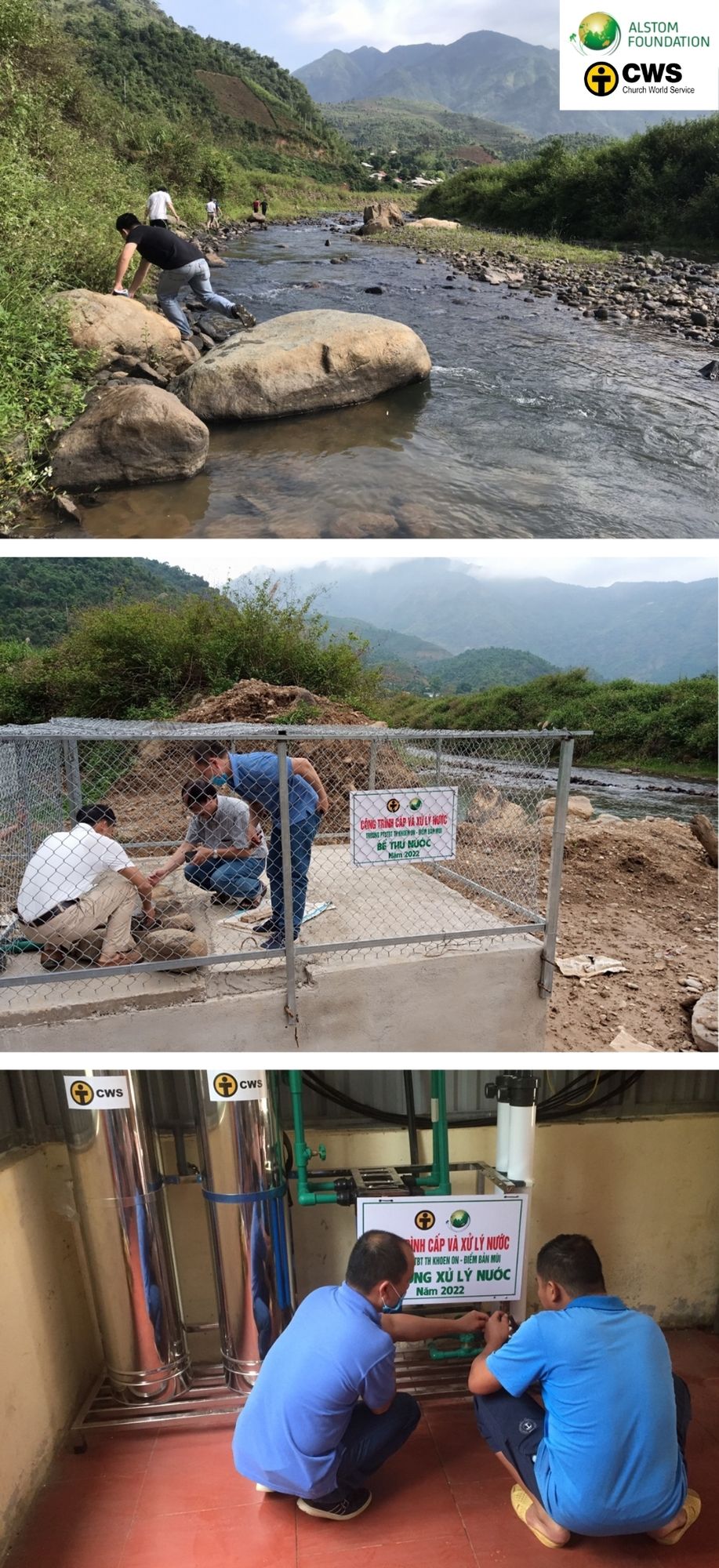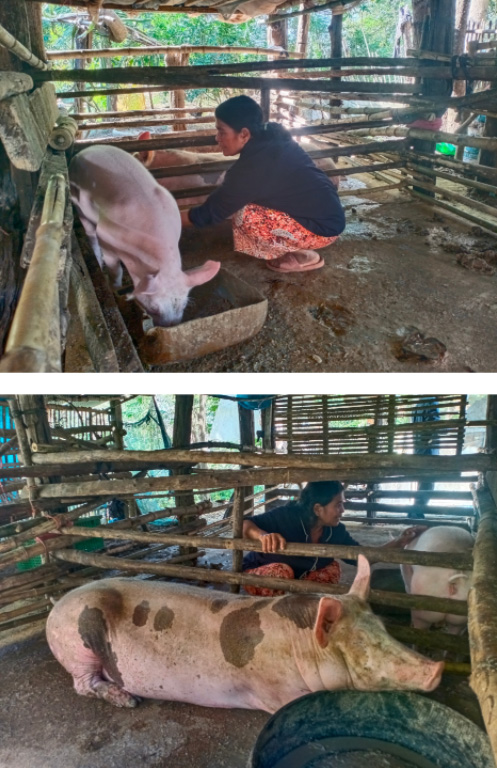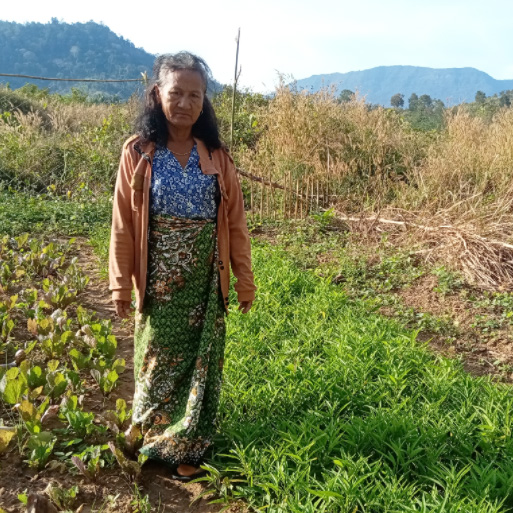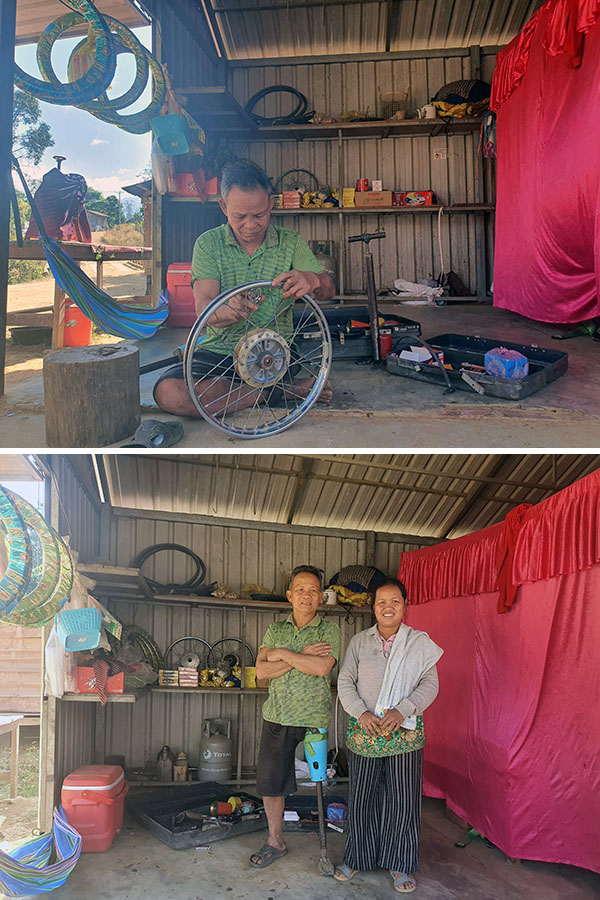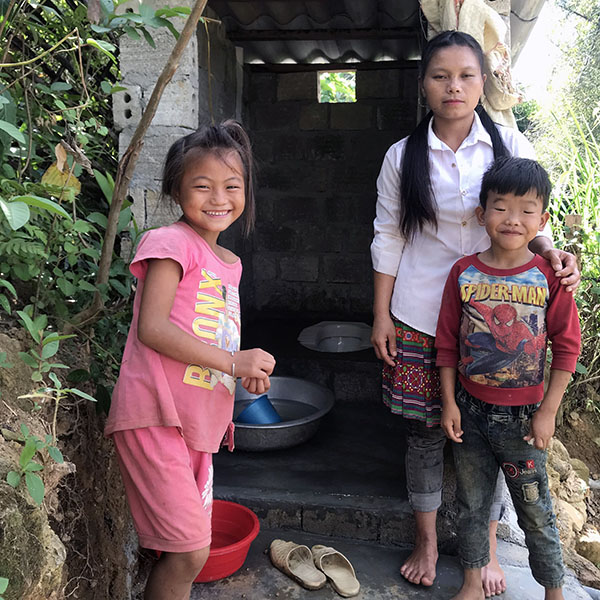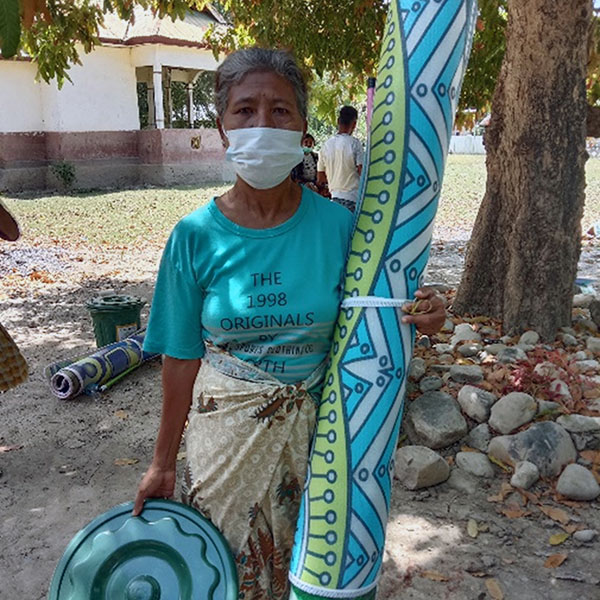Every two years, disaster management leaders and high-level political representatives from around the world gather at the Global Platform for Disaster Risk Reduction. At the conference, participants share their knowledge on disaster management, disaster risks, and strategies to reduce the impact of disasters. This year CWS was represented by Dino Satria, our country representative for Indonesia, and Takeshi Komino, our …
Stories of Change
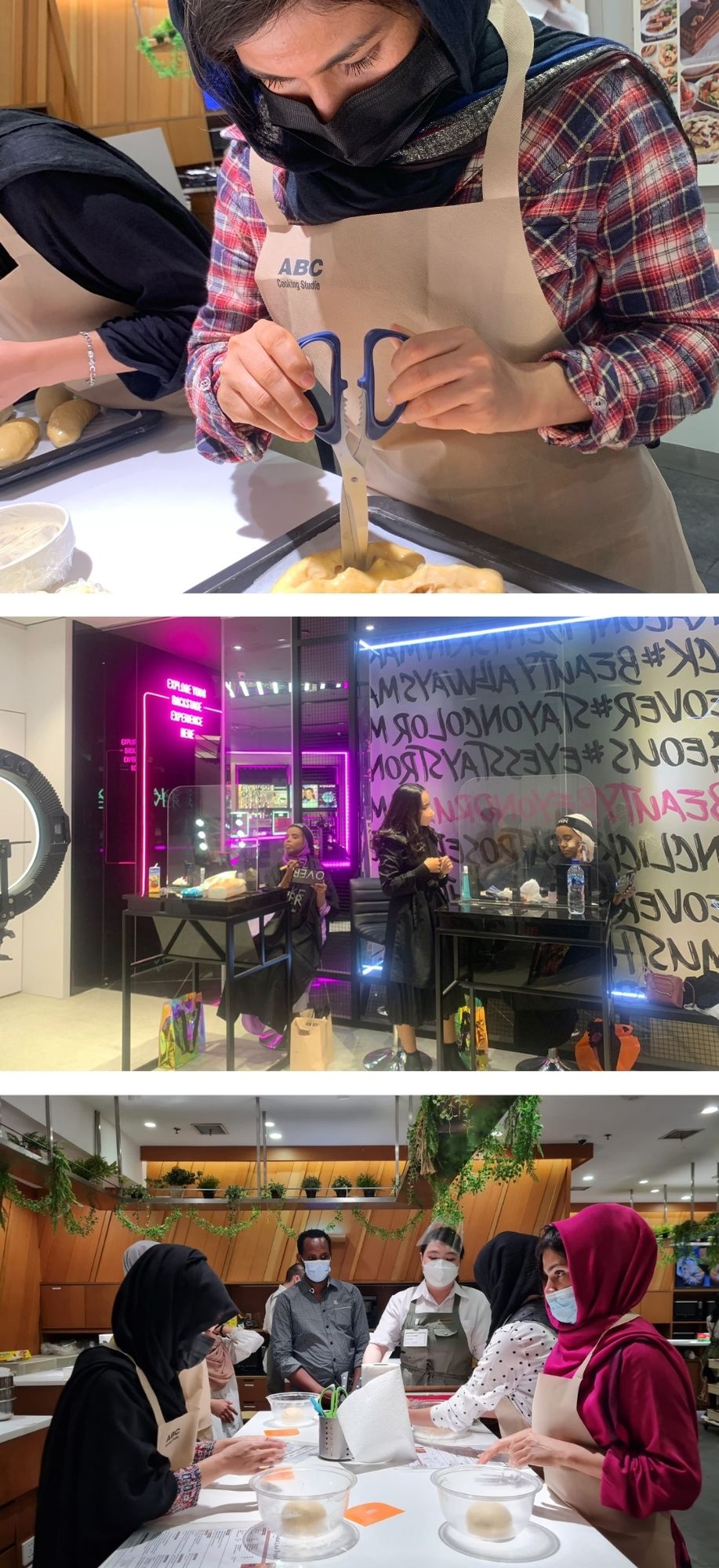
Top: program participant learning how to bake. Middle: program participants in cosmetology class, Bottom: program participants learning to cook
New Skills Bring New Opportunities
When refugees are forced to flee their countries, they have to leave behind both what used to be and what could have been. This is especially true for young refugees, who lose the opportunity to explore their interests, learn new skills and pursue their dreams. Young refugees, who often flee alone, instead have to focus on survival as they navigate their new and challenging reality.
Through our program, “Protecting Urban Refugees through Empowerment”, also known as PURE, in Jakarta, Indonesia, we team up with these youth as they rebuild their lives. We help these young program participants to build a sense of community, and we offer classes and vocational training that teach valuable skills and help them towards building a career. Program Officer PURE, Defi Satriyani, explains, “classes are important since they teach students life skills. The student could use this skill later in their lives, not only for their own use but also to earn income and support themselves. The opportunity for refugees to earn income has not been easy or equal compared to other groups. Therefore, creating access to vocational training becomes important.”
Recently, the residents at the home had the opportunity to attend cooking classes and cosmetology classes. These classes, which were the first in-person classes held since the start of the pandemic, were filled with excited and chatty teenagers and young adults. In the cooking class, young Abdul was particularly excited. He surprised himself with how quickly he was able to learn in the class and commented that perhaps he could become a chef in the future. Along with his peers, Abdul not only learned how to cook and bake, but he also was able to explore other cultures.
Alia, who attended the cosmetology class, had a similar experience. She learned how to do various styles of make-up, from daily looks to wedding looks. Following the class, she surprised a social worker who told Alia she was amazed by how healthy and beautiful she looked. Alia’s young daughter beamed next to her and shared that her mother had been practicing her make-up skills daily and said, “It helps her relax and be happy.” For Alia, attending make-up classes gave her a new skill but also gave her a tool that made her feel happy and confident.
These classes are an opportunity for young refugees, like Alia and Abdul, to grow and regain the experiences and lessons they may have missed out on. As they learn valuable and useful skills, students are able to become more confident and discover their potential. Through these classes, we are helping young refugees become independent and hopeful as they work towards a brighter future.
Note: Pseudonyms have been used in this story to protect the safety and identity of minors

